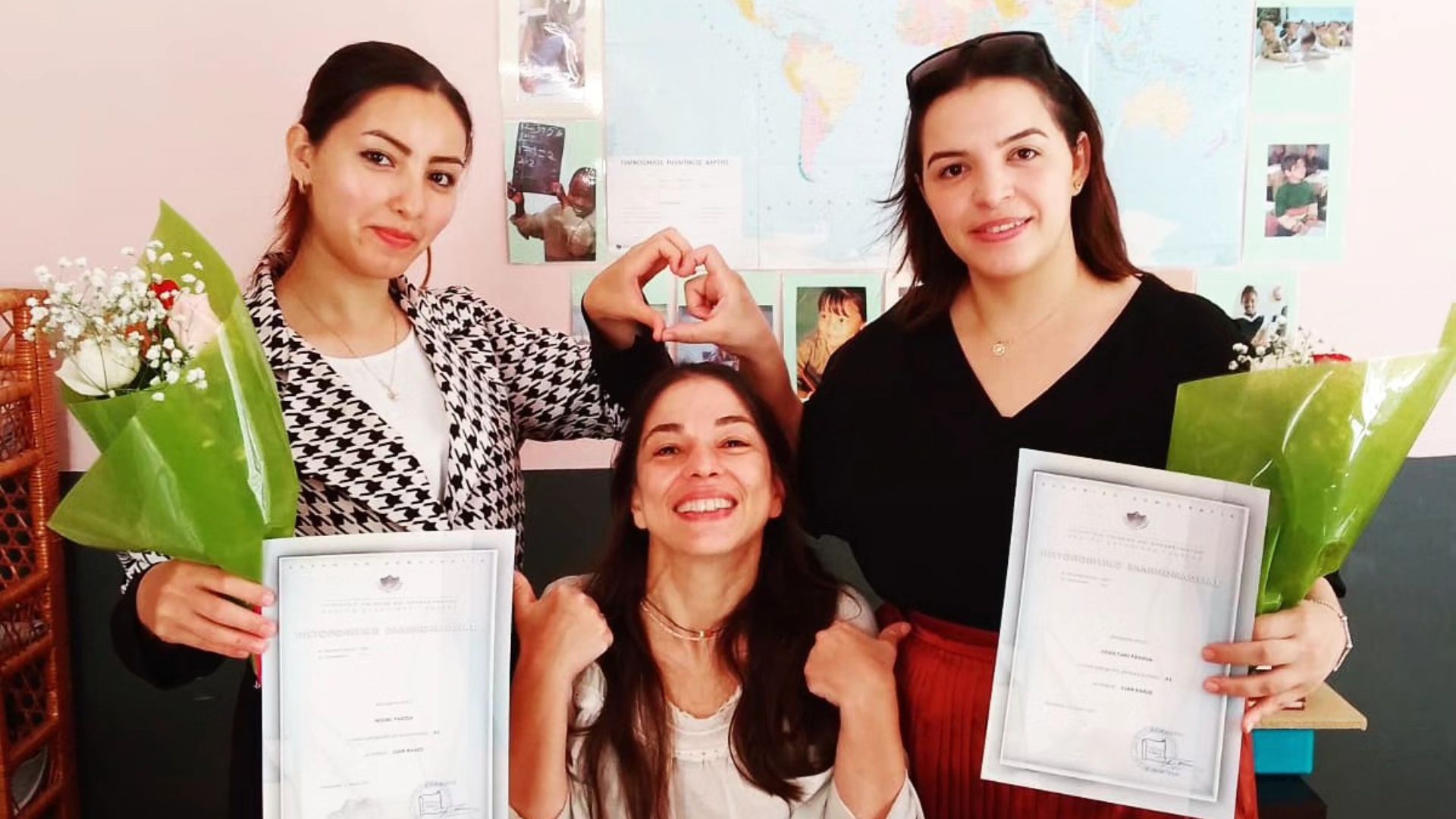By Kathy Karageorgiou.
In a rundown part of central Athens, Greece, a well maintained, two storey neoclassical building houses ‘Action for Women’. Funded by private donors, this place helps better the lives of refugee and asylum-seeking women from the Middle East and Africa, who are more often than not escaping gender-based violence.
The organisation’s founder, 46-year-old Gabrielle Tay explains, “we are the end of the road for most of the women here.”
“For safety reasons, the building has no sign to suggest its activities,” Gabrielle adds, before guiding me through the main entrance door.
Inside, the clean and airy rooms include a classroom for the teaching of Greek, an office, a brightly coloured child-care section and an inspiring atelier/studio where the women “co-design and produce products with my colleague Porfyria.” They make things here with the sewing machines, like cushions and purses which are for sale.
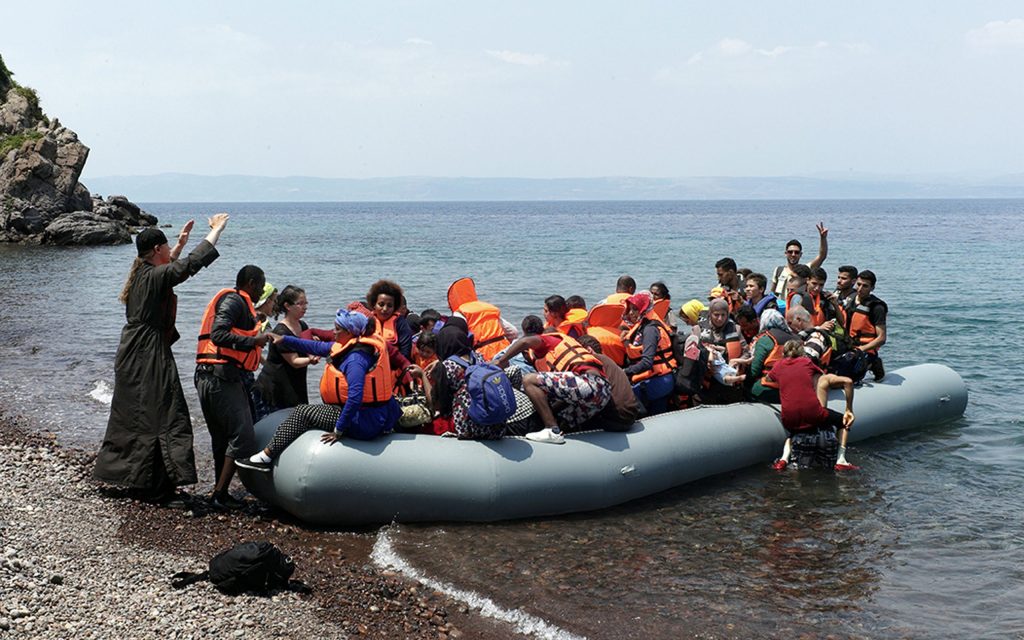
“All proceeds go directly back to the Project, sustaining our operations, ensuring that we are able to provide our services to refugee and asylum-seeking women here in Athens, but also a dignified and regular source of income for the talented women and their families,” Gabrielle says.
“Oh, and we have a small shop across the road with free food stuffs. And I’ll show you our small back yard.”
I am then led into the kitchen for a beverage, before we head into another office where we will talk about refugee women in Greece and Gabrielle’s journey into this world.
Having grown up in Singapore, followed by studying law in the UK before working in Switzerland, Gabrielle explains that refugee and asylum work was not within her professional scope.
“I hadn’t even been to Greece, until 2016!” she exclaims, going on to narrate what led her to founding ‘Action for Women’ in Athens.
“I was on holidays in the south of France in 2015, and didn’t want to use social media or my phone for a while. Then one day, I decided to turn on the TV in my hotel room and was shocked at what I saw. Queues of people – refugees – outside Hungary’s main railway station in Budapest. I called a Hungarian friend to find out more and it all began from there…” she exclaims smiling and shaking her head as she recalls fate, empathy and hard work intersecting.
“My friend and I wanted to help in this humanitarian situation, so we thought personal hygiene products would be useful to start with, like tooth brushes, etc. to distribute to those awaiting their fate at the crowded Budapest railway station.
“I put up a post on Facebook requesting donations and got such an overwhelming response – mainly from Northern Europeans and Swiss – that our station wagon of goods soon became a convoy of four vans packed with aid products including tents, sleeping bags, clothes, blankets, food, etc.!”
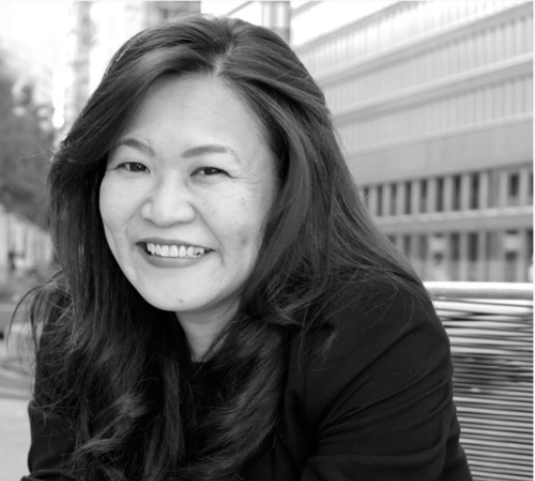
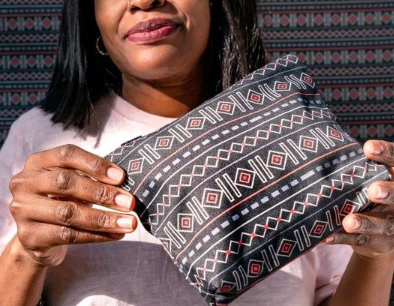
Gabrielle professes that all those standing in the cold outside Budapest station, were from war torn countries such as Syria and Afghanistan; waiting to get on trains to countries like Germany where they hoped to find better living conditions. This was 2015 when Angela Merkel announced she was welcoming refugees, and post 2010 Arab Spring, which had a ripple effect in Syria.
In Budapest, Gabrielle, her friends and volunteers were told that their help would be much appreciated at the border of Serbia and FYROM. There, in the freezing cold, the displaced refugees waited for the required 72 hours to get a visa to continue their journeys to Northern Europe via Budapest.
Gabrielle then tells me, with a lingering sense of disbelief at her experience but more so at the plight of the refugees, “I discovered the route of their migration paths from start to finish, and so I eventually got to the source, for Europe that is, and that was what landed me in Chios, here in Greece in 2016.”
“I arrived in Chios alone, on a cold, stormy night to meet a wonderful Greek woman, Toula who ran a small hotel on a beach there and was helping the refugees arriving by sea on their small boats,” she adds.
“From the very next morning with a few other volunteers we set out with our four cars to the sea entry points of Chios. We tended to the new arrivals immediately with fresh drinking water and blankets loaded in our cars.”
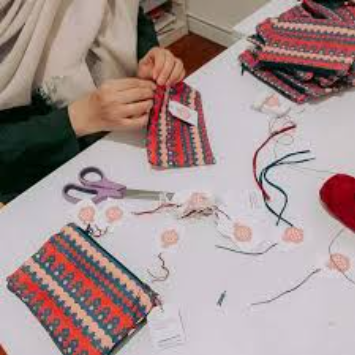
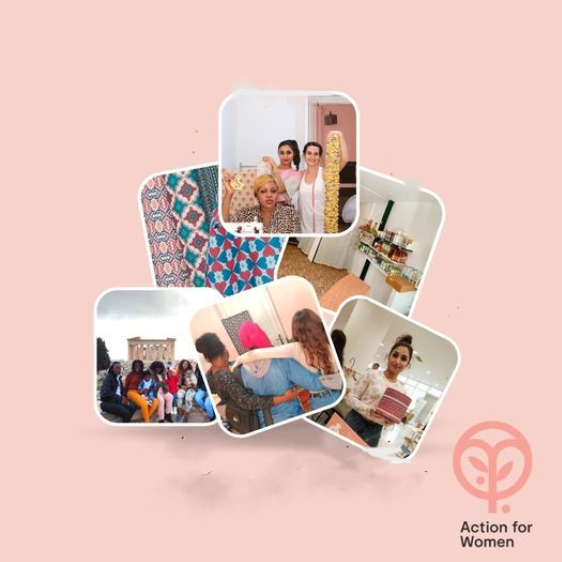
These people eventually ended up in a camp or ‘Reception Centre’ where their refugee and/or asylum seeker claims were processed, so they could go to Athens in the hope of getting to Northern Europe.
Gabrielle tells of their long wait in Chios, in overcrowded tents where women and young girls were at high risk of abuse. This led to her founding a day care centre where women – some pregnant – could rest and use private toilet facilities.
“In time I realised that a more permanent centre of assistance was needed in Athens, and so here we are – ‘Action for Women’! And we’re proud to announce that in the few years of being here, we have helped many women to find jobs, and eventually rent their own housing and become independent,” she says.
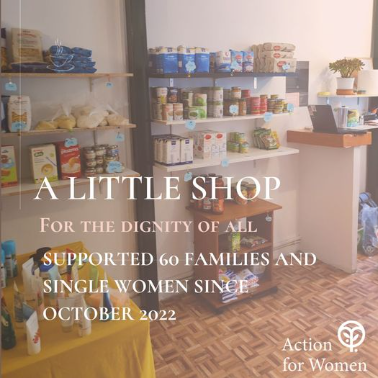
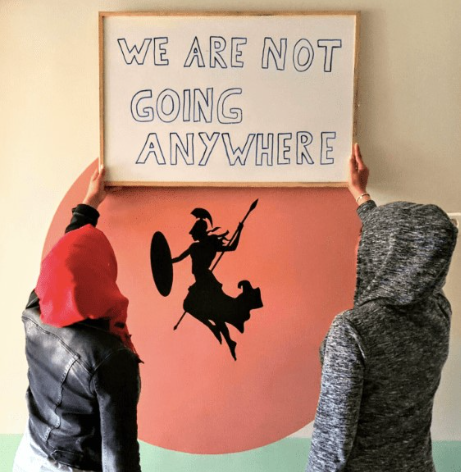
I put it to Gabrielle that many people in Greece, including Greek Australians who I have spoken to, disagree with refugees and asylum seekers being in Greece, mainly due to “taking jobs from Greeks and accepting lower wages, hence reducing wages for Greeks overall.”
To this Gabrielle quickly responds, “they only ‘take’ jobs that Greeks don’t want.”
She then adds: “Here at ‘Action for Women,’ our mission is to support the recovery, resilience and reintegration of our fellow sisters who have fled conflict, violence and persecution, into Greek society. I’m grateful to have met and work with many wonderful individuals who embody the Greek values of filoxenia.”
